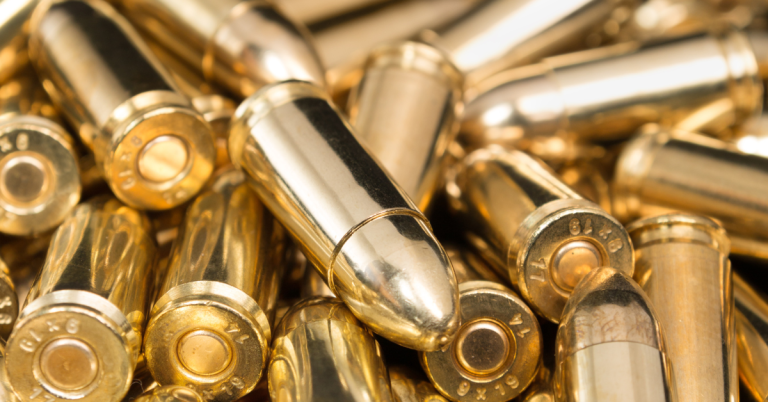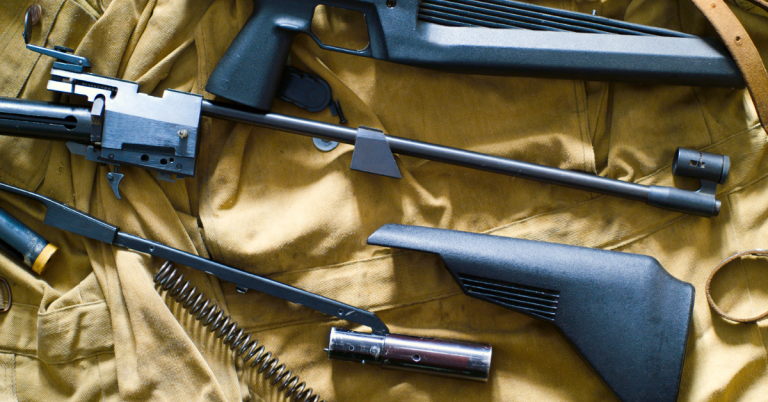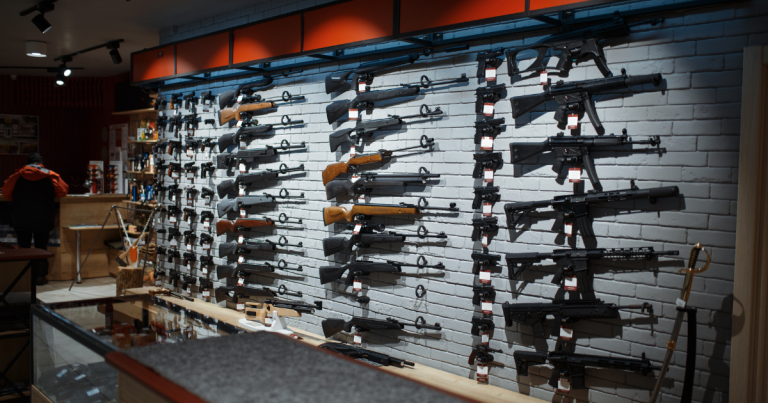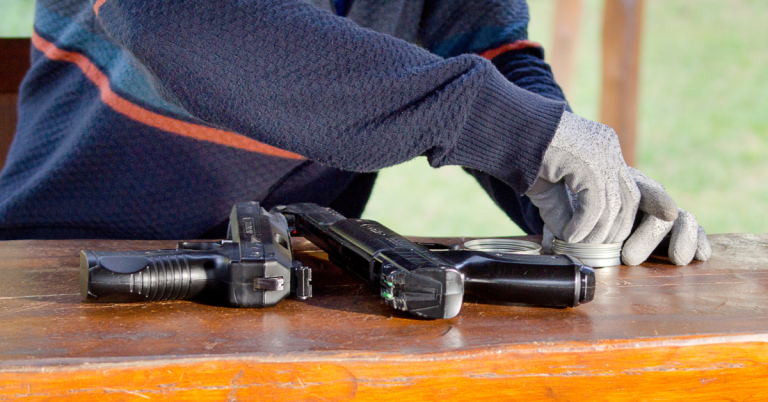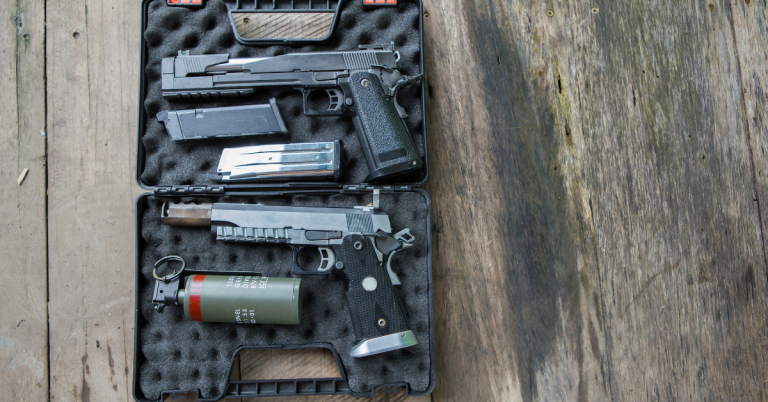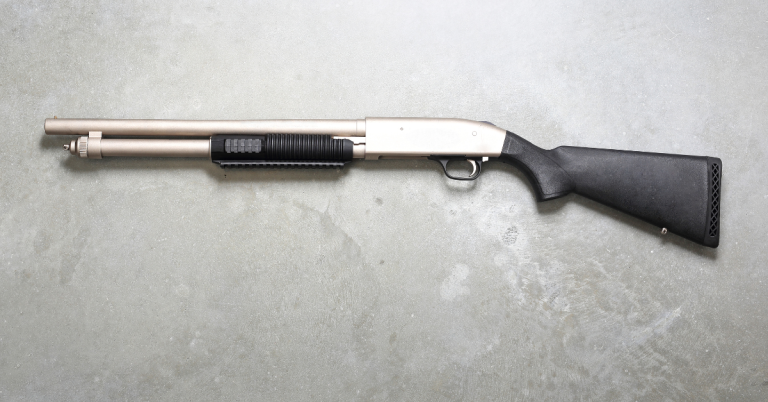Air Rifle Hunting: Ethics, Safety, & Expert Techniques
Air rifle hunting is a practice that has been around for centuries, offering a quieter and often more accessible alternative to traditional firearms. When done responsibly, it can be an ethical way to harvest small game. Here’s an informative look at the ethics, safety, and techniques involved in air rifle hunting.
Ethical Considerations
- Respect for Wildlife: Ethical hunters respect their prey and only take shots that are likely to result in a quick, humane kill.
- Conservation: Hunters should be aware of and follow local conservation laws, hunting only during the appropriate seasons and adhering to bag limits.
- Purpose: Hunting should have a purpose, whether it’s for population control, food, or pest management, and not solely for sport.
Safety Measures
- Know Your Rifle: Familiarize yourself with your air rifle’s mechanics, range, and power to ensure safe operation.
- Wear Eye and Ear Protection: Although air rifles are quieter than firearms, eye and ear protection is still recommended.
- Be Aware of Your Surroundings: Always be conscious of what is beyond your target to prevent accidents.
Techniques for Successful Hunts
- Camouflage and Concealment: Use camouflage clothing and natural cover to blend into your environment and get close to your quarry.
- Stalking: Learn to move quietly and patiently to get within range of your target without startling it.
- Shot Placement: Aim for vital areas such as the head or heart/lung region to ensure a humane kill.
- Practice: Regular target practice will improve your accuracy and confidence in the field.
Choosing the Right Air Rifle and Ammunition
- Power and Caliber: Select an air rifle with sufficient power for the game you intend to hunt and choose the appropriate caliber pellet.
- Optics: A good quality scope can greatly enhance accuracy, especially at longer ranges.
Legal Considerations
- Hunting Licenses: Ensure you have the necessary licenses and permissions to hunt in your area.
- Species Regulations: Be aware of which species are legal to hunt with an air rifle, as this can vary by region.
After the Hunt
- Field Dressing: Learn how to properly field dress your game to prevent spoilage.
- Utilization: Make use of as much of the animal as possible to honor the life taken.
Conclusion
Air rifle hunting requires a blend of skill, patience, and respect for nature. By adhering to ethical standards and safety protocols, hunters can enjoy this challenging sport while contributing to conservation efforts and wildlife management. Always remember that with the privilege of hunting comes the responsibility to do so in a manner that is respectful to wildlife and the environment.
FAQs
What are the best air rifle models for hunting small game?
While the post discusses the importance of selecting the right air rifle, readers may be interested in specific recommendations. You could provide insights on top-rated models for small game hunting, such as the BRK Ghost or the Air Venturi Avenger.
Can air rifles be used for hunting larger game?
Your post focuses on small game, but hunters might want to know about the possibilities and limitations of using air rifles for larger game. Discussing the legal and practical aspects of hunting larger game with high-caliber air rifles would be valuable.
How do I maintain and store my air rifle to ensure its longevity and safety?
Maintenance is crucial for the performance and safety of air rifles. Offering tips on cleaning, storage, and regular check-ups can help hunters keep their equipment in top condition.
What are the environmental impacts of air rifle hunting compared to traditional firearms?
Readers may be curious about the ecological footprint of air rifle hunting. Addressing topics like lead pellet pollution and noise levels could provide a broader perspective on the sport’s environmental aspects.
Are there any air rifle hunting competitions or community events?
Engaging with a community of like-minded individuals can enhance the hunting experience. Information about local or national air rifle hunting competitions, clubs, or meet-ups would encourage community involvement and skill sharing.

